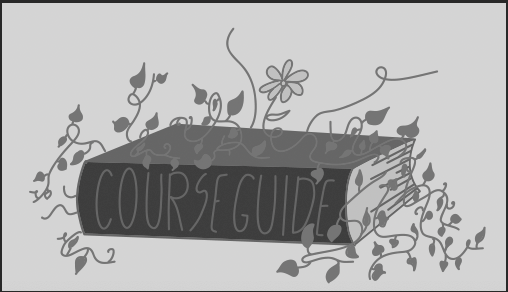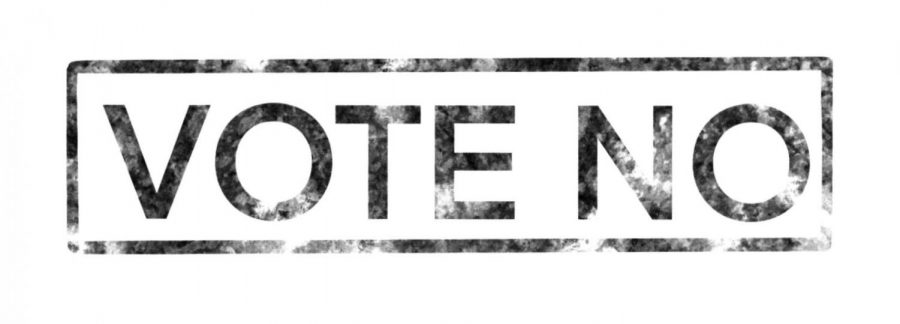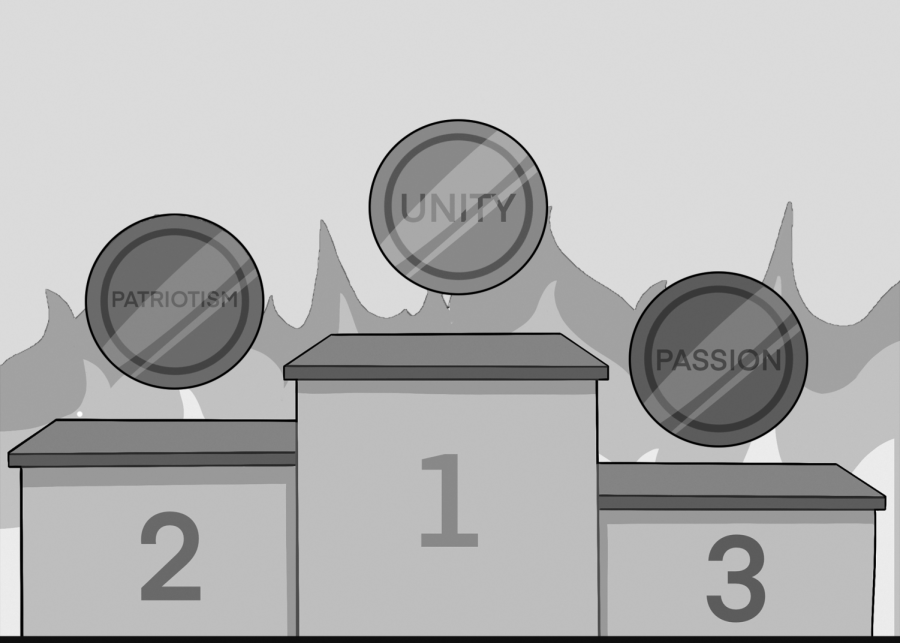Every day I sit down at my desk in classes full of leaders and intellectuals, each having accomplished notable academic achievements.
By the time we reach senior year, we’ve become masters of memorization, writing and analysis. That is, of course, the benefit of a Harvard-Westlake education. Upon graduation, we will all be prepared for the academic rigor of college.
When we are asked to work together in an academic setting, though, it becomes clear that we haven’t quite mastered the ability to work collaboratively.
I’ve been at Harvard-Westlake for six years now, and I can probably count the number of group projects I’ve been assigned on my hands. I remember being frustrated because I thought I was the only person who put work into my group’s creative essay on “Of Mice and Men” in ninth grade, and I remember feeling lucky that a senior carried my group’s presentation on yeast fermentation last year. I can think of more examples, but the total number is slim.
Maybe having fewer opportunities for collaboration in class is the price we have to pay to become independent thinkers.
But, even though I’ve been known to complain about group work myself, I can only imagine the benefit my classmates and I would receive from a little more practice working together.
For the past few weeks, I have had daily group reading quizzes in my government class. Never before has it been more apparent to me that we do not have much experience with relying on our classmates in an academic setting.
Some of us did the reading every day and rolled our eyes at the thought of having to give our partners “free points.” Others never opened the book because the chances of getting a partner who did was so high. Many stood somewhere in between.
Some groups struggled because two people were absolutely sure that they knew the correct answer, but each thought a different answer was correct. Others struggled because everyone said they couldn’t quite remember the answer, and nobody had the confidence to assert their ideas.
These dynamics are completely normal. But to us, especially at the beginning of the exercise, they were completely frustrating. I complained. My friends complained. We wondered if we would have done better if we had taken the quizzes on our own.
Truthfully, we all benefited both in experience gained and scores earned from working together. But the concept of relying on each other, day in and day out, having to quickly work out kinks in group structures, seemed so foreign to us that it was easy to blame it for any shortcomings.
We work on teams all of the time in our extracurriculars, but in the classroom, we don’t have much experience figuring out what to do if too many people want to be the leader, or if nobody does.
This challenge will not go away after high school. In fact, it will only become more common. Therefore, now is the time to welcome the opportunity to learn to work effectively with different personalities rather than to dismiss it.
Of course, some students may take advantage of not being solely responsible for their work, but, group work is a skill that we should all learn in and of itself. The ability to memorize, to write, to analyze—all of the skills we have worked hard to cultivate throughout high school—is so much more powerful when we also have the skills to effectively come together.









































